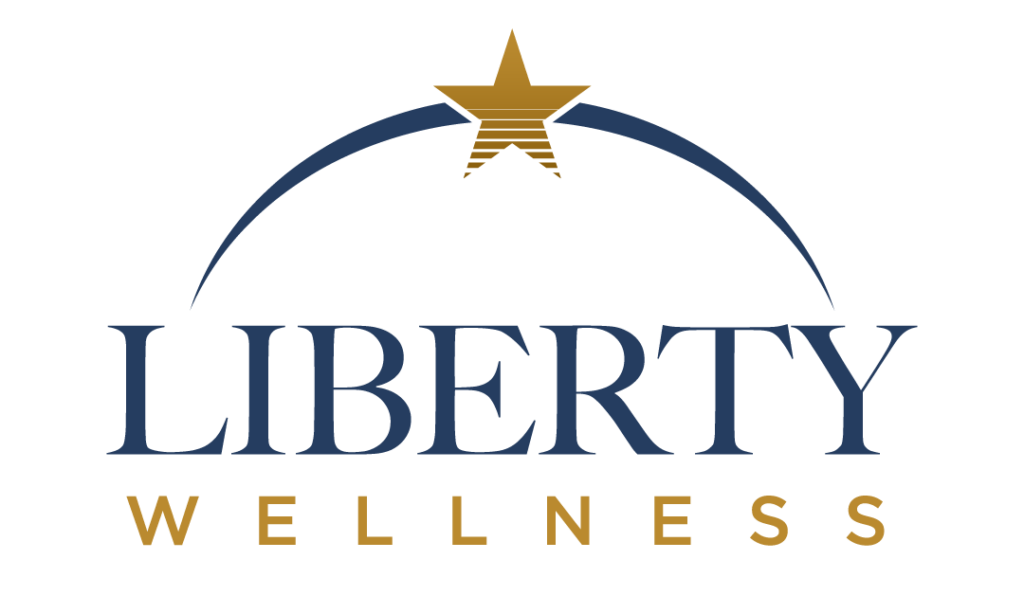It is essential to know the signs of opioid abuse because it is one of the leading causes of overdose-related deaths. Natural and synthetic opioids account for over 80% of overdose-related deaths.
Learn more about the signs of opioid abuse by speaking with an admissions assistant at Liberty Wellness today. Liberty Wellness offers a comprehensive addiction treatment program in New Jersey.
What Are Opioids?
Hope you aren’t are more commonly known as narcotics or painkillers. They can be found as prescription medication or street-level drugs. Opioids can also be divided into natural or synthetic opiates. The differences in the substances that fall in the category of opioids are relevant to their addictive nature, their medical uses, and how strong the medication is.
For example, morphine is a medication-grade opioid. A comparative illegal drug might be heroin; however, fentanyl, a synthetically created drug, is 80 to 100 times more potent than morphine.
How Do Opioids Affect the Body?
Opioids, analgesics, or opioid painkillers block opioid receptors in the body, preventing or slowing down the fire of synapses that affect the nerve and create pain. These opioid receptors bind to the opioids in the body and act as a shield until they wear down anywhere from 4 to 8 hours following ingestion.
What Are the Signs of Opioid Abuse?
Many opioids can safely be prescribed and taken without harm. However, prescription opioids and street-level narcotics are addictive and can potentially become lethal. Opioid abuse occurs when an individual miss uses a substance. Miss use can occur when an individual takes too much of a medication or takes it too frequently, alters how the medicine or drug was designed to enter their body, and by taking it illegally.
When the individual takes too much of a substance or takes a substance too frequently, which can lead to issues with substance abuse, as a sign or factor of problematic use, individuals who take too much of an opioid can develop a tolerance and eventually a dependence on the drug. Additionally, taking too much of an opioid can cause an overdose. Opioid overdoses have become more common in the last 20 years and account for over 75% of substance-related overdoses yearly.
Other signs of opioid abuse can be identified when an individual alters how the substance is meant to enter their body. For example, opioids most commonly come in pill form; however, if an individual crushes and snorts or dissolves in liquid and injects, this can create an unsafe situation and increases the likelihood of use-related risks like adverse side effects and overdose.
Lastly, while misuse typically relates to individuals abusing prescription narcotics, anyone who uses an illegal drug to get high is miss using that substance and has an increased risk of developing an addiction to the substance. Opioids are highly addictive, and when prescribed are done, so based on weight and the individual prescribed, the medication is monitored and counseled on how to properly take the opioid so that the process is as safe as possible.
How to Treat Opioid Addiction
Opioid addiction is best treated through a holistic and comprehensive approach to recovery. Individuals who struggle with opioid use most often define success through a program that combines treatment focused on the client’s physical, emotional, and mental health—finding a program that offers medication-assisted treatment in commendation with addiction therapy gives clients a more significant opportunity for success.
New Jersey medication-assisted treatment, designed to support individuals with opioid addiction, is the process of utilizing an opioid pain blocker that does not provide the High associated with an opioid narcotic. As a result, the individual can receive the pain relief necessary for continued recovery and focus on improving their physical and mental health. Medication-assisted treatment can also help clients reduce their cravings and therefore reduce the risk of relapse.
Liberty Wellness Offers a Variety of Outpatient Opioid Rehab Programs in New Jersey
At Liberty Wellness, we offer a number of comprehensive treatments to support individuals that struggle with opioid addiction. Our drug and alcohol rehab in Berlin provides progressive programming and supports for individuals who have previously undergone a rehab program. In addition, we offer compassionate addiction treatment, family therapy, treatment for co-occurring disorders, long-term rehab options, and medication-assisted treatment.
To learn more about the variety of outpatient opioid rehab programs available at Liberty Wellness in New Jersey, speak with an admissions assistant today!




